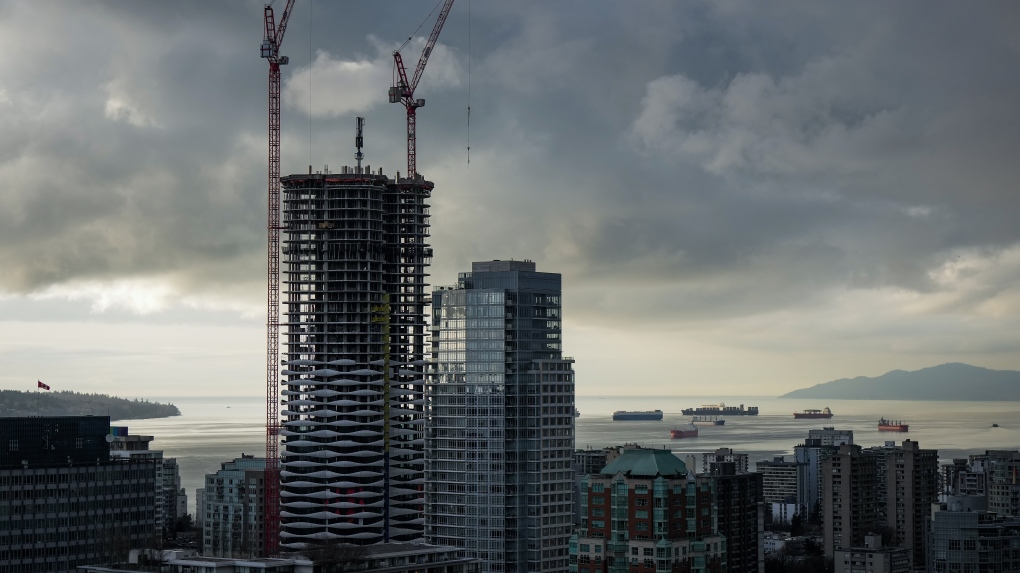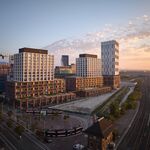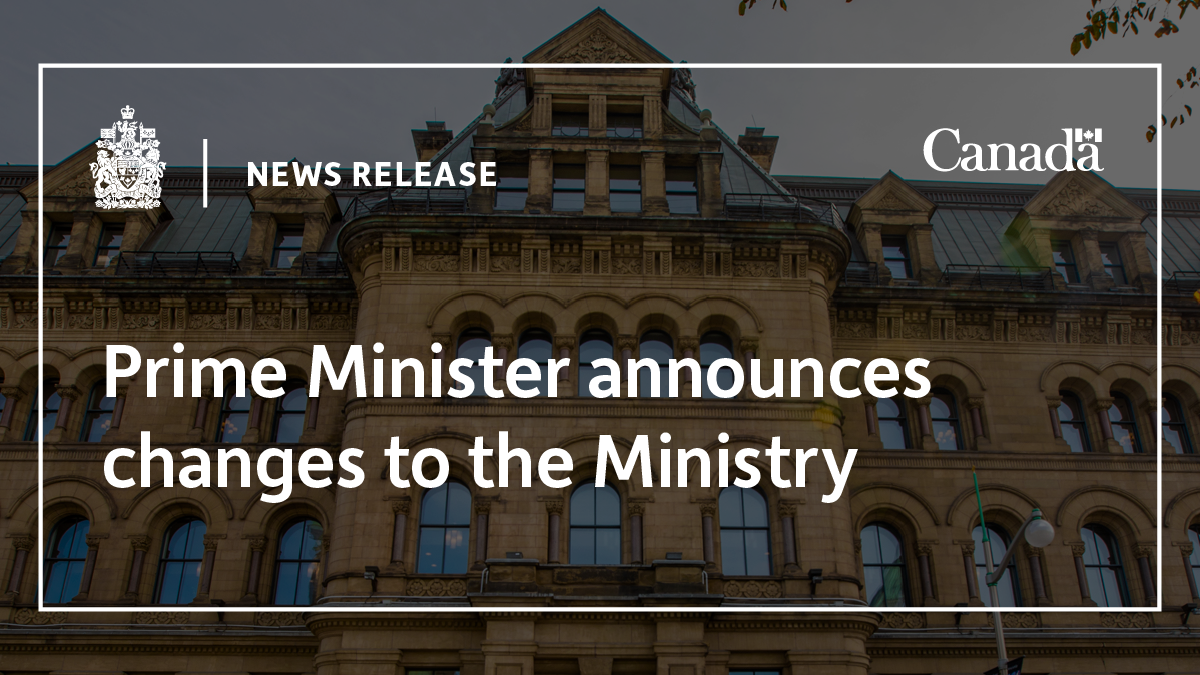jje1000
Senior Member
Canada's standard of living falling behind other advanced economies: TD
A new economic report from TD says Canada is falling behind the standard-of-living curve compared to its peers.
According to the report published last week, Canada has been lagging behind the U.S. and other advanced economies in terms of standard of living performance (or real GDP per capita), despite recent years of “headline growth.”
“Economic growth does not necessarily equate to economic prosperity,” TD economist Marc Ercolao wrote
I wonder if this economic recovery was in essentially was mortgaged off of Canada's population growth (new debtors), with the rich getting richer (i.e. the Westons), and the rest of the population getting poorer post-pandemic?In the 10 years before the pandemic, Canada was pretty close to the U.S. in terms of average growth, just over two per cent per year, which hovered above the 1.4 per cent average for all G7 countries, Ercolao says.
Following the turmoil of the pandemic, Canada managed to pull off a strong economic recovery, emerging with one of the fastest growth rates compared to other advanced economies. Ercolao cites the growth of the country’s population as a large contributor to this economic growth.
According to the report, Canada’s economic output per person (real GDP per capita) has actually been decreasing for many years.
Back in the 1980s, the report points out, Canada was doing better than the average of advanced economies by about US$4,000 per person. Over time, however, the advantage faded, and the U.S. jumped to US$8,000 a person, according to TD.
Ercolao writes that the 2014-15 oil shock led to a worsened economic performance. Canada’s real GDP per capita has grown at a slow rate of only 0.4 per cent on every year, which is much slower than the average of other advanced economies (which has an annual rate of 1.4 per cent).
Fundamentally, major Canadian exports have been increasingly flattened to real estate and commodities- with real estate increasingly eating up capital that could have been used for reinvestment/self-improvement. Combined with an-already conservative/oligarchic corporate structure in Canada- is this a lethal economic cocktail?The recent increase in population growth to three per cent per year is not the main issue -- especially since the average population growth since 2020 has only been slightly higher than before 2000 (around 1.2 per cent).
The real problem, according to Ercolao, is that GDP growth has been decreasing since the 1980s. This means that low GDP per person is not merely because of the growing population but the slower growth of the economy itself.
The report states that the decline is largely related to productivity.
Regions like Alberta, Saskatchewan, and Newfoundland and Labrador, where the economy relies heavily on the exchange of commodities, used to have the highest GDP per person, TD says. Over the past ten years, however, their lead has been challenged. Following the pandemic, only B.C. and P.E.I. have been able to raise their GDP per person levels they had in the years prior to COVID-19, TD reports.
“This underscores that without fundamental changes to our approach to productivity and growth, Canada’s standard-of-living challenges will persist well into the future,” the report says.

Canada's standard of living falling behind other advanced economies: TD
A new economic report from TD says Canada is falling behind the standard-of-living curve compared to its peers.
Last edited:







